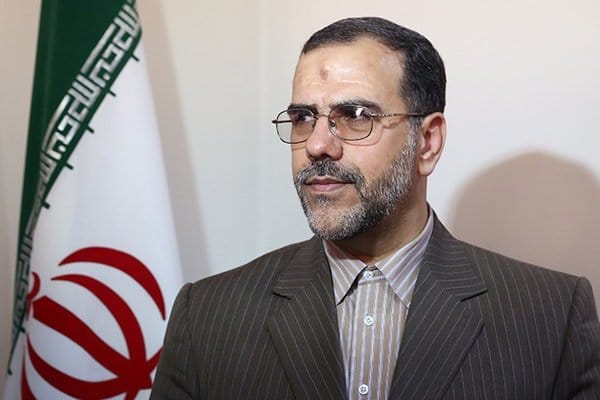Facing the implementation of the Supreme Leader’s “Year of Domestic Production” amid ongoing economic difficulties, the Rouhani Government is holding out against tariffs and new legislation on imports.
In two speeches for Iranian New Year, Ayatollah Khamenei appealed for his “Resistance Economy”, which he first announced in 2012, and commanded the Government to act against foreign goods, as part of the effort to stimulate production and fight unemployment.
But the Vice President for Parliamentary Affairs, Hossein Ali Amiri, said on Saturday, “Regarding the regulation of tariffs, there is no need for a new legislation at the current situation.”
Import duties would drive up costs in Iran, threatening the Rouhani Government’s anti-inflation effort which has brought price rises down from more than 40% in 2013 to about 10% today. It could also unsettle relations with countries such as Turkey and China, with whom the Government has pursued better links amid ongoing tension with the US and difficulties confirming European investment.
Amiri supported Khamenei’s rhetoric — “supporting home-made products is one of the most important prerequisites” — but called on Iranians to make voluntary efforts to turn to domestic rather than foreign outlets:
What is related to people is to disseminate culture of using Iranian goods instead of foreign ones. Unfortunately, it is sometimes observed that use of foreign goods is considered as a kind of distinction which is a sheer mistake.
Tipping off his concern about an Iranian economy which is also facing a weak currency, income inequality, and mismanagement in production and banking — all of which spurred nationwide protests in January — Khamenei said on Wednesday, “We should not depend on help from outside but work inside the country.”
In a meeting on Sunday with executives, President Hassan Rouhani did not refer to any legislation but said, “It is the duty of manufacturers to act in a way to make the consumers prefer domestic products.”
Rouhani also declared, ‘We will make our utmost to fully rid the country from absolute poverty by the end of [our term].”

